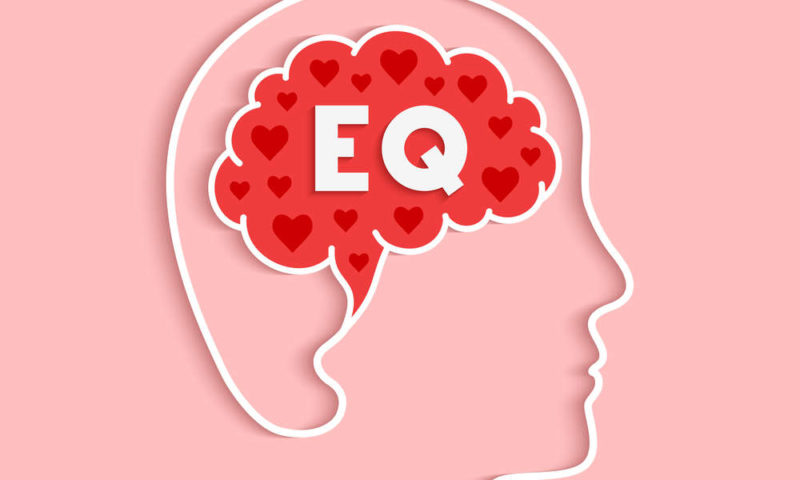
Five Ways to Improve Your Emotional Intelligence
People with high emotional intelligence can more effectively manage themselves and develop long-lasting professional relationships. Use these tips to strengthen yours.
It’s one thing to know the importance of emotional intelligence in the workplace, especially during a time when many professionals are stressed, burned out, and emotionally vulnerable. But it’s another thing to be emotionally intelligent. Professionals, particularly leaders and managers, would benefit from honing their ability to manage one’s own emotions, as well as tune into the emotions of others.
“We are naturally drawn to a person with high EQ. We are comfortable and at ease with their easy rapport. It feels as though they can read social cues with superhuman ability,” says a post in Psychology Today. “Who wouldn’t want a boss who understood how you are feeling and what you are trying to accomplish?”
Use these tips to improve your emotional intelligence, both by building on your natural talents and developing skills where your innate intelligence might need some nurturing.
Use Available Resources
Understanding and reckoning with your own emotions and the emotions of those around you isn’t easy. But you don’t have to go it alone: Emotional intelligence resources provide ways to analyze one’s thoughts and feelings more effectively.
Emotion charts are designed to help people label their emotions, explore the intensity of their feelings, discover what triggers strong reactions, and better articulate what they’re going through. Emotional intelligence worksheets help you gain better self-awareness—and ultimately better emotional intelligence—by asking questions for discussion and providing exercises that show how to manage emotions in healthy ways. Plus, publications like The Emotional Intelligence Workbook (Teach Yourself), include goal-setting charts, exercises, and ways to monitor your progress.
Help Others Help You
A piece in the Harvard Division of Continuing Education’s Professional Development blog recommends asking colleagues, friends, and family to give feedback on how they would rate your emotional intelligence as a way to “audit your self-perception.” You could ask others how you handle difficult situations, how you manage conflict, and how they perceive your level of empathy.
Build Your Active Listening Skills
Emotional intelligence is about perceiving, understanding, and managing not just your own emotions, but also the emotions of those around you. And you can’t do that unless you truly listen to what others have to say.
During conversations with colleagues, try to be aware of how often you’re interjecting or cutting others off, as frequent interruption will hinder others’ ability to express themselves to you. To keep from being a “chronic interrupter,” communication professional Brenda Barbosa recommends shifting your focus from listening to reply to listening to understand. She also suggests writing down your questions and comments during discussions so you can save them for later and won’t feel the need to interject.
“Listening to what people are saying in order to understand their emotional experience helps develop a sense of compassion and empathy,” said Jennifer Guttman, a clinical psychologist, in a Quora forum. “This will allow you to better understand what it would be like to be in their shoes. A key part of emotional intelligence is being better able to understand life from their experience.”
Read Fiction
There’s evidence to suggest that reading stories can have a positive effect on our ability to connect with others and strengthen our cognitive empathy, which refers to how well one can perceive and understand the emotions of another. One study had participants read an essay or a short story, and then tested them for cognitive and affective empathy.
“Participants who read a short story who were also low in Openness experienced significant increases in self-reported cognitive empathy,” the report states. The study concludes that fiction in particular can affect the development of empathy.
Practice Mindfulness
Self-awareness is a key component of emotional intelligence, and mindfulness exercises can help people become more present and in tune with themselves and their surroundings. Mindfulness practices include meditation, yoga, and guided activities such as body scans, mindful seeing, mindful listening, and the five senses exercise.
“The marriage of mindfulness and emotional intelligence makes perfect sense to me,” said Monica Thakrar, a leadership teacher, in Forbes. “Mindfulness is a key tool in understanding ourselves, our own thoughts and feelings, and what is important to us.”
(LvNL/iStock/Getty Images Plus)






Comments